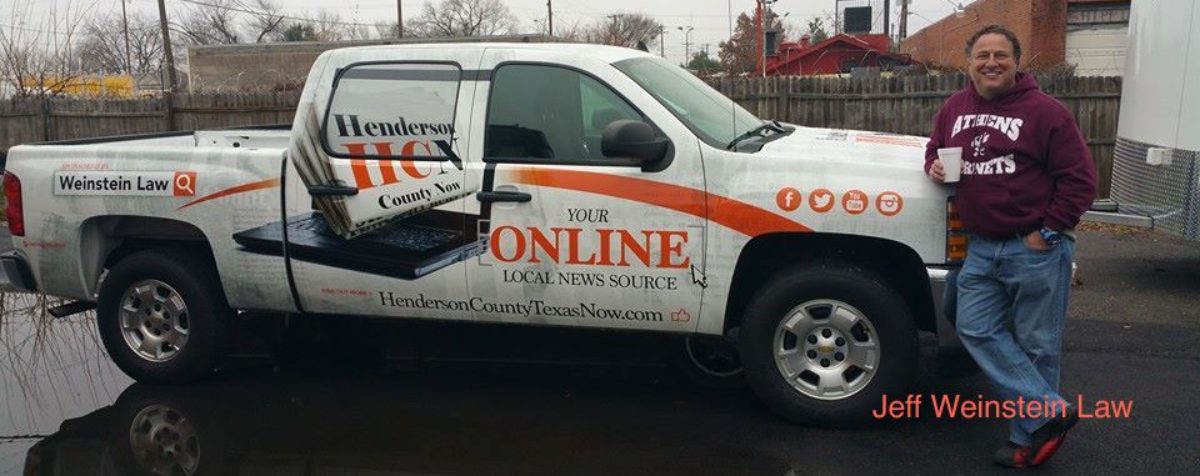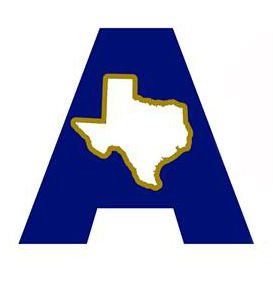On Monday, Nov. 20, the sewer cleanup in dallas experts were immediately contacted after a city of Athens staff discovered a significant leak in a sewer line three-quarters of a mile northwest of the intersection of Highway 175 South and Loop 7.
“In terms of severity, this was the largest sewer leak we have seen this year,” said Managing Director of Public Services Ryan Adams. “Unfortunately, the leak occurred right next to Coon Creek and the leaking wastewater was discharging into the creek.”
Adams reports that upon discovering the leak, crews immediately set to work to repair it. The Texas Commission on Environmental Quality (TCEQ) was notified and City staff are working with the agency to ensure proper notification to the public and remediation of the affected areas. At this time, no adverse impacts to wildlife have been observed and the flow of wastewater in the creek bed is slowed significantly by a natural dam of earth and vegetation. Most importantly, this does not in any way affect City of Athens drinking water.
City staff had suspected a leak was occurring for several days based on a lower than normal flow of wastewater into the North Wastewater Treatment Plant. “Our staff spent the better part of the past week tracing all of our sewage lines, sometimes walking through dense brush and wooded areas, trying to detect where the leak might be,” said Adams.
City staff eventually discovered the leak to be from an 8-inch force main that runs along the creek. “Normally, sewer line leaks discharge a relatively small amount of wastewater since they are not under pressure and the wastewater simply flows downhill through the line,” explained
Adams. “This line, however, pushes wastewater uphill toward the wastewater treatment plant. Pumps from a nearby lift station create enough pressure to force the wastewater uphill and that pressure resulted in considerably more wastewater escaping through the leak in the pipe.”
Though the leak was significant, City of Athens maintenance crews were able to repair the leak within hours of its discovery. “While unpleasant and definitely unwanted, these types of leaks are not uncommon in cities,” said Adams. “Aging infrastructure, invasive roots, shifting grounds, and other circumstances will stress the system to the point where leaks will occur. Our best defense is to keep a watchful eye on the condition of our infrastructure through preventative maintenance and replacement.”
As a precautionary measure, TCEQ recommends anyone with a private water well within one-half mile of the leak to consider having their well tested and, if necessary, disinfected. Also as a precautionary measure, those with a private water well within the half-mile vicinity may also boil their water for 1 minute for all personal uses prior to having their well tested. The City of Athens strongly recommends avoiding any and all contact with any substance that is suspected to be contaminated with wastewater.
Citizens with questions may contact the City of Athens at 903-675-5131. Emails may be sent to [email protected].

